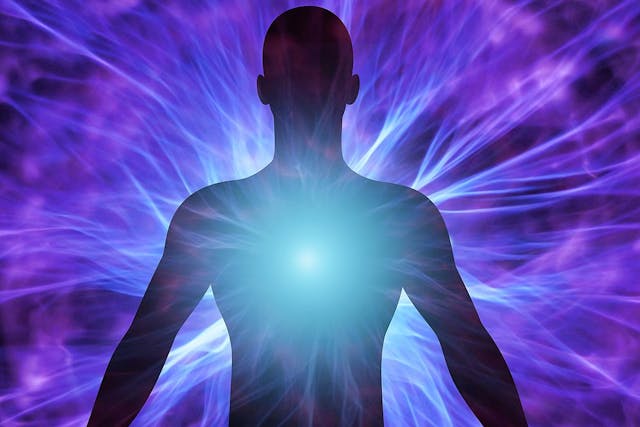Treating The Death Syndrome: A Comprehensive Guide

Treating The Death Syndrome: A Comprehensive Guide
Death Syndrome is a rare and debilitating condition that affects thousands of people around the world. It is characterized by extreme fatigue, muscle weakness, and difficulty breathing. In some cases, it can even lead to death. While there is no known cure for Death Syndrome, there are treatments available that can help manage the symptoms and improve quality of life.
In this comprehensive guide, we will discuss the causes of Death Syndrome, its symptoms, diagnosis, and treatment options. We will also provide tips on how to cope with the condition and live a full life despite its challenges.
What Is Death Syndrome?
Death Syndrome (DS) is a rare disorder that affects the body's ability to produce energy from food. It is caused by mutations in certain genes that are responsible for producing enzymes needed to break down carbohydrates into energy molecules called ATP (adenosine triphosphate). Without these enzymes, the body cannot produce enough energy to function properly.
The exact cause of DS is unknown but it appears to be inherited in an autosomal recessive pattern. This means that both parents must carry the mutated gene in order for their child to be affected by DS.
Symptoms Of Death Syndrome
The most common symptom of DS is extreme fatigue and muscle weakness. Other symptoms may include difficulty breathing, poor appetite, weight loss, low blood pressure, dizziness or fainting spells, and an irregular heartbeat. In some cases, people with DS may also experience seizures or coma-like states due to lack of oxygen in their brain cells.
Diagnosis Of Death Syndrome
Diagnosis of DS usually begins with a physical exam and medical history review by your doctor or healthcare provider. Your doctor may also order blood tests or genetic testing to confirm a diagnosis of DS if they suspect it based on your symptoms or family history.
Treatment Options For Death Syndrome
Unfortunately, there is no cure for DS at this time but there are treatments available that can help manage its symptoms and improve quality of life for those affected by it. Treatment options include medications such as anticonvulsants or diuretics; dietary changes; physical therapy; oxygen therapy; and lifestyle modifications such as avoiding strenuous activities or getting enough restful sleep each night. In some cases, surgery may be necessary if other treatments do not work or if complications arise from the condition itself such as respiratory failure or heart failure due to weakened muscles in the chest wall area.
Coping With Death Syndrome
Living with DS can be difficult but there are ways you can cope with it so you can still lead a full life despite its challenges:
-
Educate yourself: Learning more about your condition can help you better understand what you're going through and how best to manage it day-to-day so you can live as normal a life as possible despite its limitations
-
Find support: Connecting with others who have similar experiences can provide emotional support during difficult times as well as practical advice on how best to manage your condition
-
Stay active: Exercise regularly within your limits so you don't become too fatigued but still get enough physical activity each day
-
Eat healthy: Eating nutritious meals regularly helps keep your energy levels up so you don't become too weak
-
Get enough rest: Make sure you get enough restful sleep each night so your body has time to recover from daily activities
-
Manage stress: Stress can worsen symptoms so find ways to relax such as yoga or meditation which can help reduce stress levels
-
Seek professional help: If needed seek out professional counseling services which can provide additional emotional support during difficult times
By following these tips and working closely with your healthcare team you should be able to manage your condition effectively while still living a full life despite its challenges!

